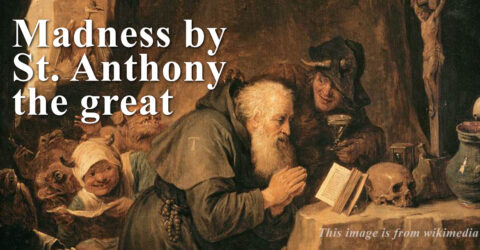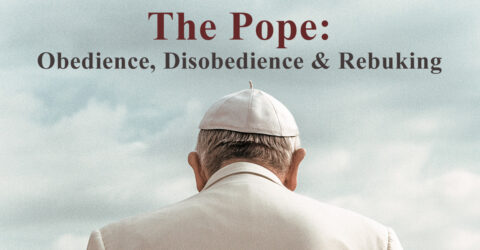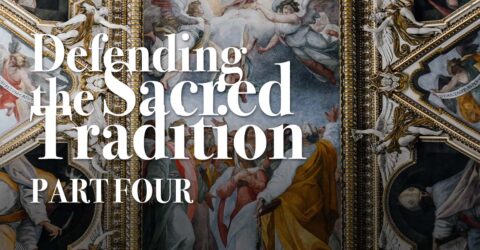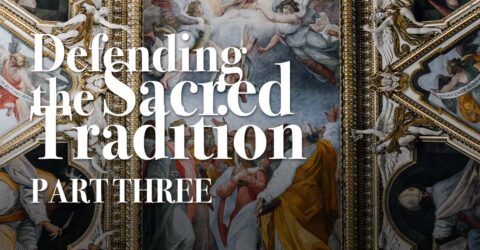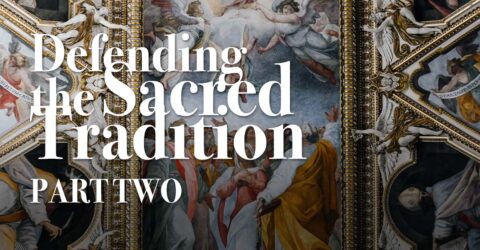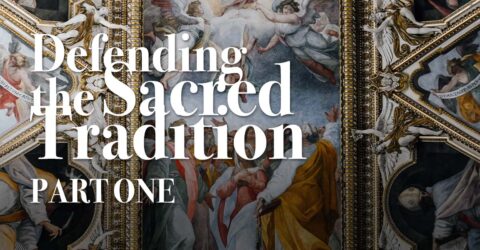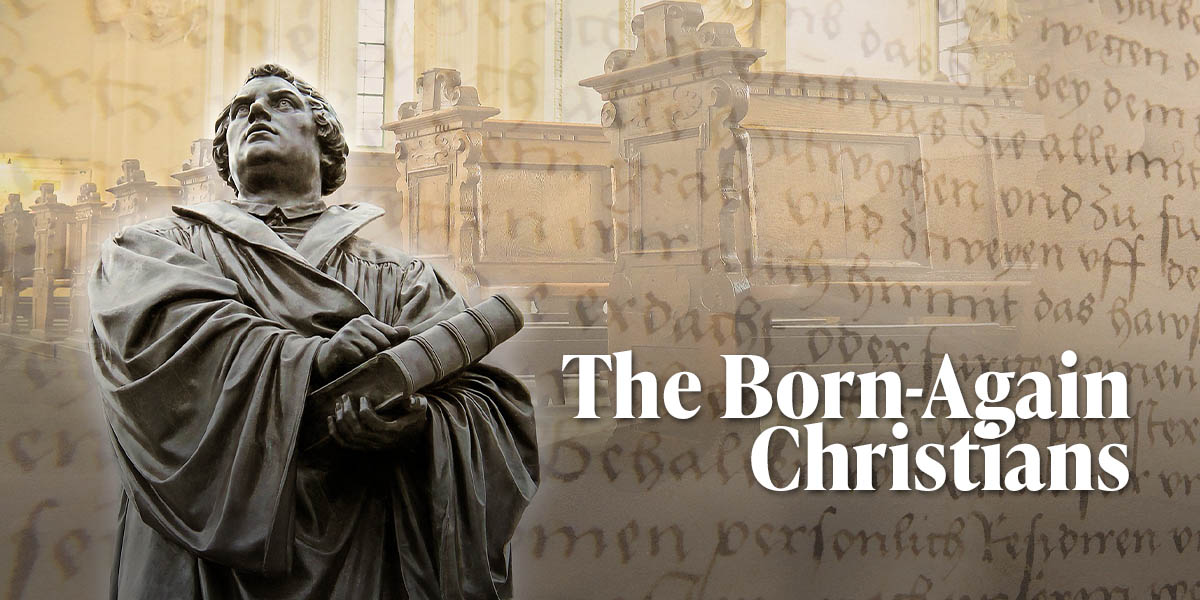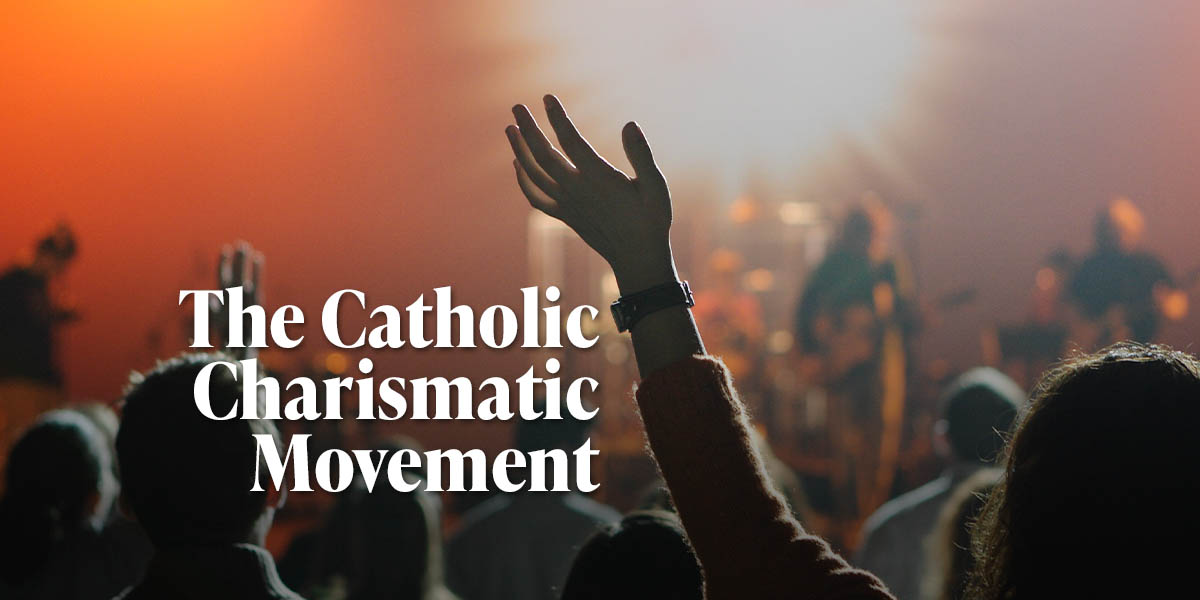
This February, many Chinese are preparing to celebrate the Chinese New Year. Initially, only the Chinese celebrated it, but some countries, including the Philippines, began to celebrate it as it was recognized as one of their holidays. Feng Shui masters are being hired by many individuals, including entrepreneurs, to seek assistance and bring prosperity to their businesses. But the question is, is it safe to use Feng Shui for Catholics? Let's begin by discovering what Feng Shui is.

